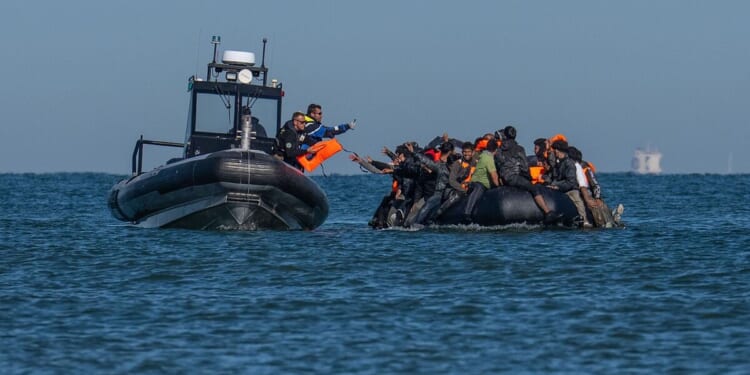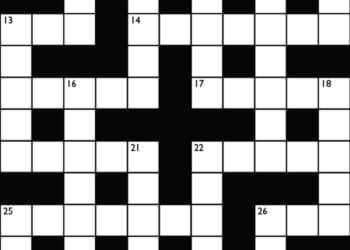French police are to start intercepting UK-bound small boats full of migrants in the English Channel, it emerged today. The news follows months of arguments with the UK over the danger of such operations.
An official document obtained by Le Monde has been signed by four prefects responsible for the administration of parts of the Channel and North Sea.
These include beaches around Calais and Dunkirk, from which thousands of migrants head off to England every day.
In a report released late on Thursday night, Le Monde writes: “The maritime gendarmerie will conduct operations at sea to intercept inflatable boats intended to transport migrants to England.
“According to a document dated November 25th, consulted by Le Monde, and signed by four prefects – the maritime prefect of the Channel and the North Sea, as well as the prefects of the Nord, Somme, and Pas-de-Calais departments – the operational framework for these unprecedented interventions has been established.’
The new document was at the centre of negotiations between London and Paris over the past year, when more than 36,000 migrants got across the Channel.
Most are asylum seekers from countries such as Iran, Afghanistan, Iraq, Syria, Eritrea and Sudan.
Le Monde quotes a leaked letter from Keir Starmer to French President Emmanuel Macron, in which the Prime Minister writes: ‘It is essential that we deploy these tactics this month,’ adding: ‘We do not have an effective deterrent in the Channel.’
There are still extreme concerns about safety, on a route where people regularly die, either by drowning or suffocation in the flimsy boats.
The leaked document reads:’The unprecedented nature and sensitivity of these operations necessitate adaptability and flexibility,’ adding: ‘the absolute and unwavering priority is safeguarding human life.’
France’s Maritime Gendarmerie will start the new operations, focusing initially on ports and channels.
To begin with, so called ‘taxi boats’ will be stopped. These are relatively empty vessels which slip into the Channel before smugglers load them up off beaches.
During interceptions, maritime police will have to deploy ‘graduated and reversible measures covering a spectrum ranging from an order to stop, to immobilising the boats, to diverting them, and to handing the individuals over to the authorities.’
According earlier relevations, nets will be used to try and immobilise water taxi propellers.
Britain pays the French almost £500million to prevent thousands of foreigners reaching British shores, and has regularly claimed it is not getting its money’s worth.
The last Interior Minister, Bruno Retailleau, approved a plan to allow sea interventions in certain circumstances, including shallow water, but these appeared to have been put on ice.
Mr Retailleau wanted a new French ‘maritime intervention force’ that escorts migrant small boats away from England.
The radical plan will see fast patrol craft surrounding dinghies packed with passengers who have paid people smugglers thousands to reach the UK.
French police unions have claimed that turning their members into ‘sea police’ would be ‘extremely dangerous’.
A senior source at Alliance – the largest police union in the country – said: ‘People don’t seem to realise how dangerous it is to try and carry out arrests at sea, while trying to force a boat to change course.
‘If there are eighty people on an overcrowded boat, including women and children, then it is extremely dangerous to try and stop them.’
The French Navy has also objected to intervening at sea, with one senior officer saying: ‘Disaster, including drownings, can easily happen.’

















